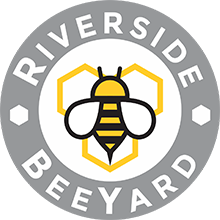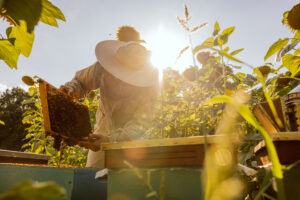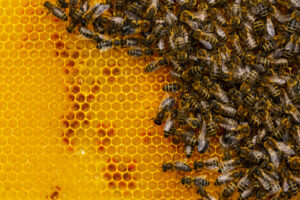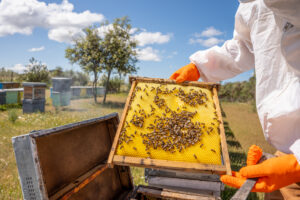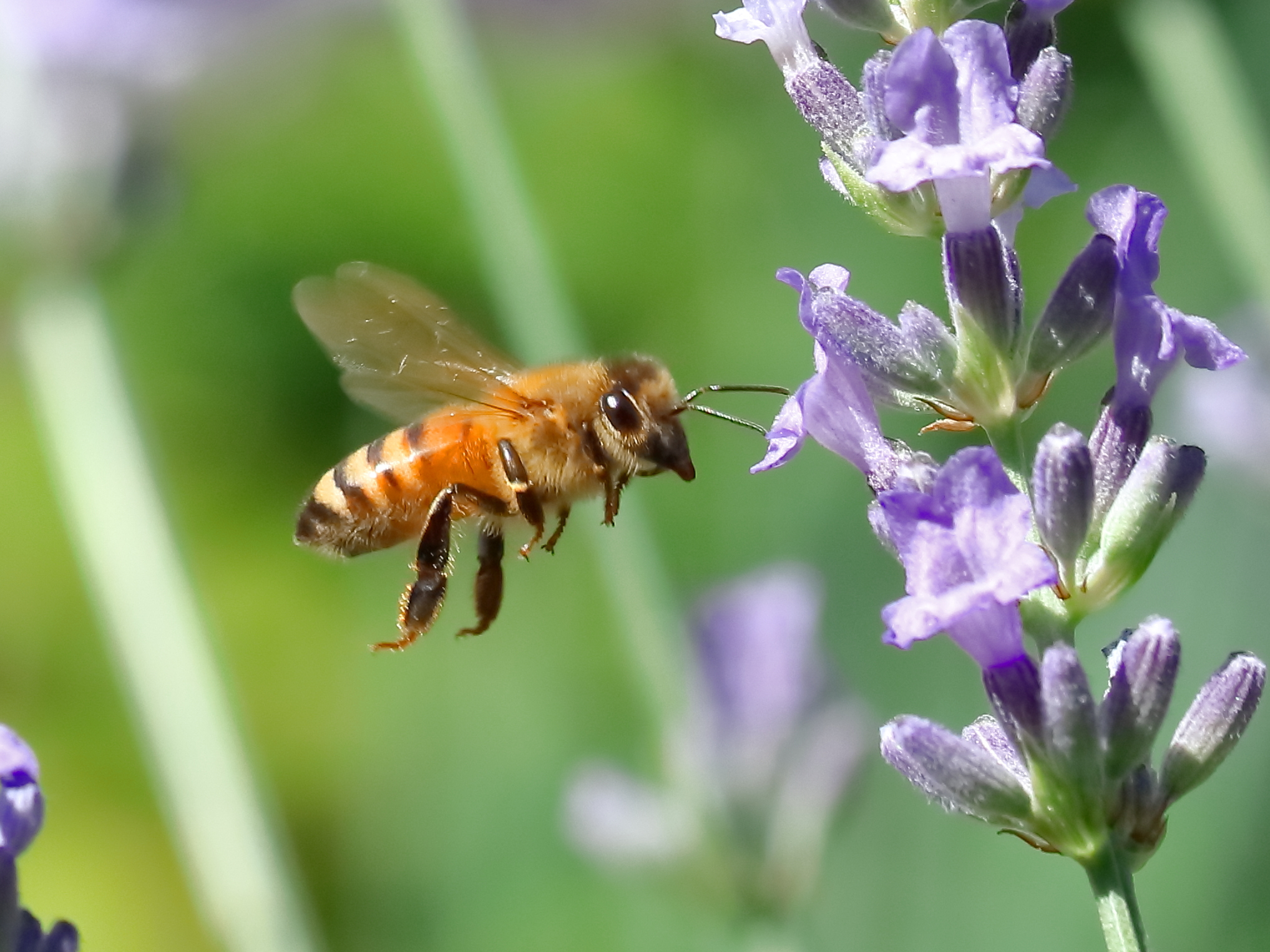
Beyond their reputation for producing sweet honey, bees play an indispensable role in our ecosystems and agricultural systems. Let’s explore why these tiny creatures are so vital to our world.
The Role of Pollination
At the heart of the matter lies pollination, the process by which plants reproduce. Bees, with their fuzzy bodies and diligent foraging habits, are among nature’s most efficient pollinators. As they visit flowers in search of nectar and pollen, they inadvertently transfer pollen from one flower to another, facilitating fertilization and the production of fruits, seeds, and nuts.
Biodiversity and Ecosystem Health
The work of bees extends far beyond crop pollination. By pollinating a diverse array of plants, bees contribute to the richness and resilience of ecosystems worldwide. Their activities support the growth of wildflowers, shrubs, and trees, which in turn provide habitat and food for countless other species, from insects to birds to mammals.
Agricultural Impact
In agricultural settings, bees are indispensable allies. Many of the crops we rely on for food, including fruits, vegetables, nuts, and oilseeds, depend on bee pollination for successful yields. Without bees, the productivity and diversity of our agricultural landscapes would be severely diminished, with far-reaching consequences for food security and nutrition.
Economic Importance
The economic value of bees and their pollination services cannot be overstated. Globally, bee pollination is estimated to contribute billions of dollars to agricultural economies each year. From almond orchards in California to apple orchards in Washington, beekeepers and their colonies are essential partners in ensuring bountiful harvests.
Threats to Bee Populations
Despite their importance, bees face a myriad of threats to their survival. Habitat loss, pesticide exposure, diseases, parasites, and climate change are among the primary factors driving bee population declines worldwide. These threats not only endanger bees themselves but also jeopardize the stability of ecosystems and agricultural systems.
Conservation Efforts
Fortunately, efforts to protect bees and their habitats are underway around the globe. From grassroots initiatives to government policies, a growing movement is working to address the root causes of bee decline and promote bee-friendly practices. By supporting pollinator-friendly agriculture, preserving natural habitats, and reducing pesticide use, we can all play a role in safeguarding bees for future generations.
The Role of Apiaries
Apiaries, or bee farms, are essential hubs for beekeeping and honey production. Managed by beekeepers, apiaries provide a controlled environment for honeybee colonies to thrive, ensuring optimal conditions for pollination and honey production. Additionally, apiaries serve as educational centers where visitors can learn about the importance of bees and the art of beekeeping.
Bee-Friendly Practices
What can you do to help bees thrive? Consider planting a diverse array of bee-friendly plants in your garden or community green space. Avoid or minimize the use of pesticides and herbicides, especially during times when bees are active. Support local beekeepers by purchasing honey and other hive products from responsible sources.
Future Outlook
The future of bees—and by extension, our own future—is in our hands. By raising awareness, advocating for bee-friendly policies, and taking action in our own lives, we can ensure that bees continue to fulfill their essential roles as pollinators, stewards of biodiversity, and providers of the fruits of the earth.
Conclusion
As we’ve explored in this blog post, bees are not only fascinating creatures but also indispensable contributors to our ecosystems and agricultural systems. By understanding and appreciating their importance, we can work together to protect and preserve these remarkable insects for generations to come. Let’s bee the change our world needs!
